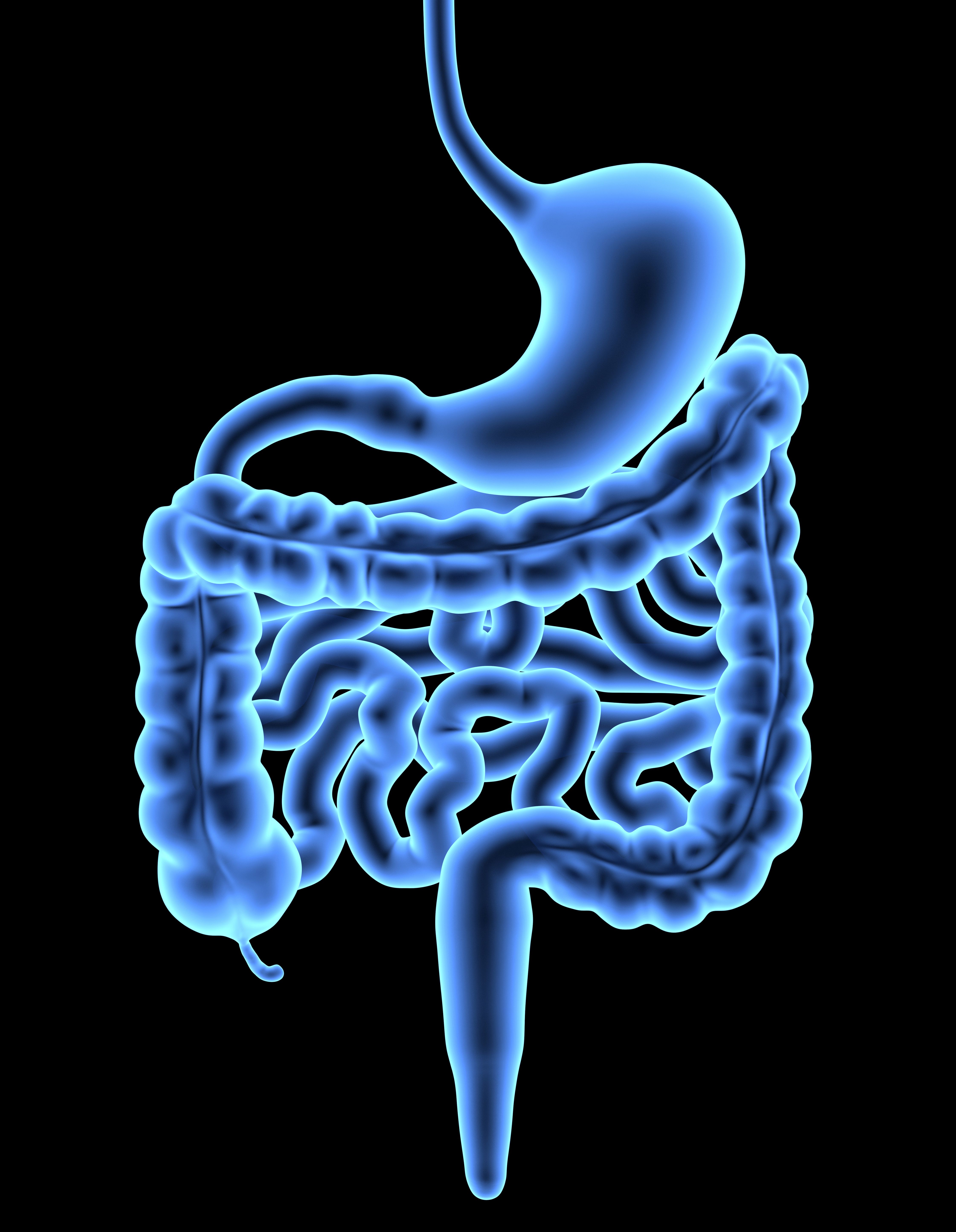Phase 3 Trial Investigating Adagrasib Plus Cetuximab in KRAS G12C-Mutated CRC
The phase 3 KRYSTAL-10 trial continues to look at the combination of adagrasib and cetuximab in patients with previously treated advanced colorectal cancer and a KRAS G12C mutation in their tumor.

The global, open-label, randomized phase 3 KRYSTAL-10 study (NCT04793958) is currently looking at the efficacy and safety of the combination adagrasib (MRTX849) and cetuximab (Erbitux) in patients with previously treated advanced colorectal cancer (CRC) and a KRAS G12C mutation, according to a presentation at the 2021 European Society for Medical Oncology World Congress on Gastrointestinal Cancer.
Data have shown clinical activity with KRAS G12C inhibitors for pretreated patients with KRAS G12C-mutated CRC. Adagrasib, a covalent inhibitor of this mutation, irreversibly and selectively binds KRAS G12C and locks it in an inactive, GDP-bound state. This drug was made to be highly selective for the mutant KRAS G12C protein versus wild-type KRAS and have favorable pharmacokinetic (PK) properties, such as extensive tissue distribution, oral bioavailability, and a long half-life.
Previously, the phase 1/2 KRYSTAL-1 trial (NCT03785249) of adagrasib monotherapy showed preliminary antitumor activity and a tolerable safety profile in multiple tumor types all with KRAS G12C mutation. These data included patients with CRC who were heavily pretreated. Patients were treated with 600 mg of adagrasib twice daily.
There were 3 patients out of 18 (17%) with pretreated CRC in KRYSTAL-1 that had a confirmed objective response rate (ORR). Fourteen patients (78%) achieved stable disease and the disease control rate was 94%.
A safety analysis of 110 patients from this early phase trial demonstrated low incidence of grade 3 or 4 treatment-related adverse events (TRAEs) with adagrasib, which was well tolerated. Nausea, diarrhea, vomiting, and fatigue were the most common TRAEs.
Investigations of patient-derived xenograft models using adagrasib plus cetuximab, an EGFR inhibitor, resulted in deep, durable regression. These human xenograft mouse models suggested synergistic activity of adagrasib and cetuximab because it led to increased antitumor activity and more durable tumor regression compared with either drug as a single agent. The investigators wrote that this combination may enhance inhibition of KRAS-dependent signaling or overcome adaptive feedback and improve clinical outcomes.
In KRYSTAL-10, about 420 patients with previously treated advanced CRC and KRAS G12C mutations will be randomized 1:1 to oral adagrasib at 600 mg twice daily plus intravenous cetuximab at 500 mg/m2 every 2 weeks versus chemotherapy with either FOLFIRI (folinic acid, fluorouracil, irinotecan) or modified FOLFOX6 (folinic acid, fluorouracil, oxaliplatin). Patients will be stratified by region, United States and Canada versus other countries, and time to disease progression after initiation of first-line treatment, less than 6 months versus 6 months or more.
The primary end points are progression-free survival and overall survival. Secondary end points include safety, ORR per RECIST 1.1, duration of response, 1-year survival rate, plasma PK parameters of adagrasib, and patient reported outcomes. There are 2 exploratory end points of gene alterations in tumor tissue and circulating tumor DNA and progression-free survival 2.
Patients had to have available primary or metastatic tumor specimen, either archival or newly obtained, for central laboratory testing of KRAS G12C mutation status. They also had to receive first-line treatment with a fluoropyrimidine-based chemotherapy regimen containing either oxaliplatin or irinotecan in the advanced disease setting and radiographically documented disease progression on or after treatment; maintenance therapy was not considered a separate regimen in the metastatic setting and patients who experienced disease relapse in the 6 months following the completion of adjuvant treatment are eligible for the trial. An ECOG performance status of 0 or 1, adequate organ function, and presence of evaluable or measurable disease per RECIST 1.1 were also required.
Those who had received a KRAS G12C targeted agent, anti-EGFR antibody of cetuximab or panitumumab, or both an oxaliplatin- and irinotecan-based regimen in the adjuvant and/or later treatment setting for CRC are not eligible for KRYSTAL-10. Patients with active brain metastases were also not eligible. However, those with adequately treated brain metastases, and are neurologically stable, were allowed on the trial.
Every 8 weeks, tumor assessments will be performed starting from randomization until objective disease progression is documented by the investigators or a subsequent anticancer therapy has been initiated. The trial is being carried out across about 300 global sites in 34 countries. Patients are currently being enrolled on KRYSTAL-10.
Reference:
Tabernero J, Bendell J, Corcoran R, et al. KRYSTAL-10: A randomized phase 3 study of adagrasib (MRTX849) in combination with cetuximab vs chemotherapy in patients with previously treated advanced colorectal cancer with KRASG12C mutation. Poster presented at: European Society for Medical Oncology World Congress on Gastrointestinal Cancer; June 30-July 3, 2021; virtual. Abstract P-71. doi:10.1016/j.annonc.2021.05.126